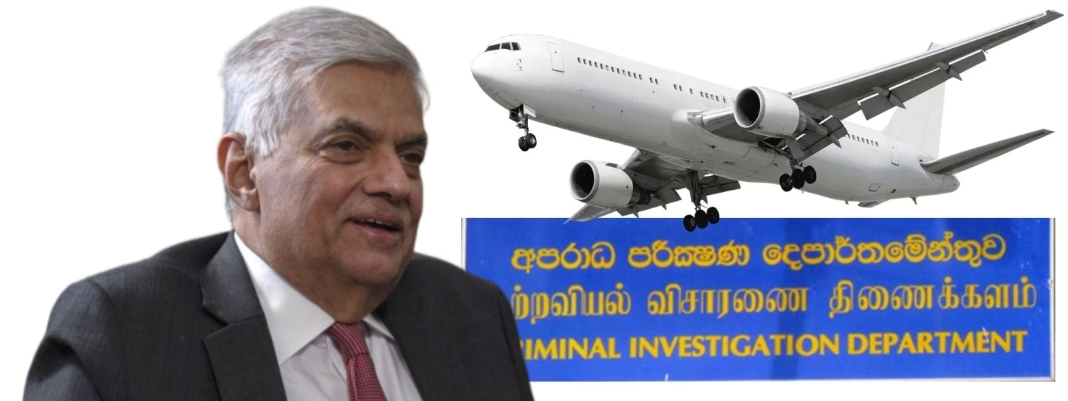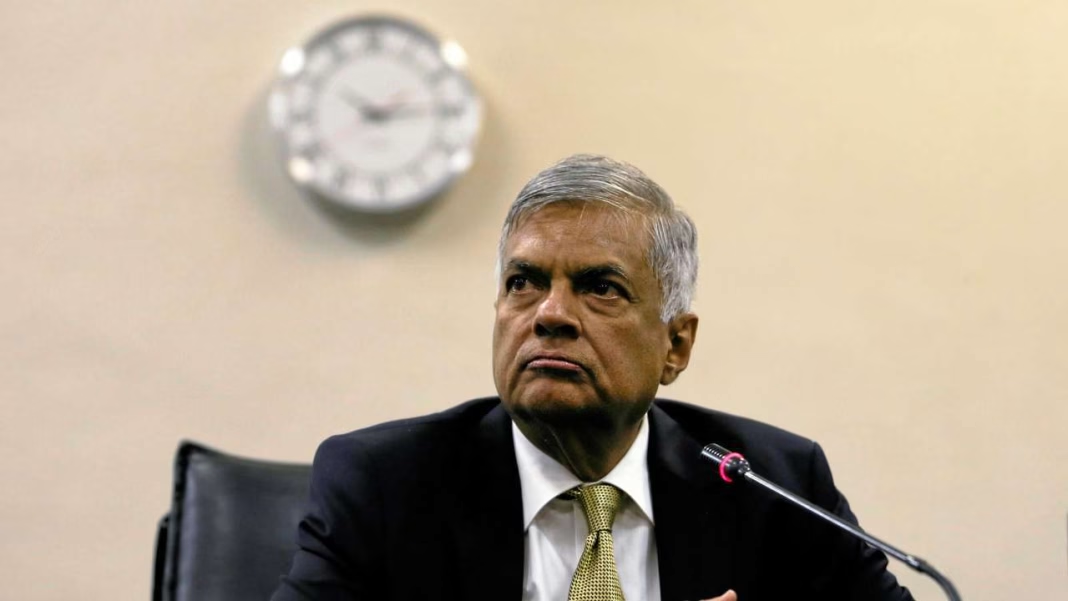The long-standing allegation against Sri Lanka Podujana Peramuna (SLPP) Member of Parliament Namal Rajapaksa regarding the fraudulent acquisition of his law degree reignited controversy in Parliament today (November 19), following his resignation from the Parliamentary Committee on Parliamentary Business. More than an administrative change-such as the appointment of MP D.V. Chanaka to fill the vacancy story behind the alleged “legal anomaly” poses a severe challenge to the current National People’s Power (NPP) government’s rhetoric of “selective justice.
“Investigation Opened, But No Report For Months
Following a complaint filed by Jamuni Samantha Thushara, Chairman of the Citizens’ Power Against Bribery, Corruption, and Waste, the Colombo Chief Magistrate’s Court ordered the Criminal Investigation Department (CID) in April to conduct a formal investigation into the fraudulent acquisition of Namal Rajapaksa’s law degree. Justice Minister Harshanana Nanayakkara had even stated that tackling corruption and upholding the rule of law were two of the most powerful elements of the NPP mandate.
However, statements made by MP D.V. Chanaka in Parliament and by Namal Rajapaksa revealed that while the investigation was initiated after the NPP government took power, the CID has yet to submit any report to the court, months after the directive. This clearly indicates that the CID, the government’s primary legal arm, is not conducting the “expeditious and transparent” investigation the public expected. Instead, the probe appears to be intentionally “suppressed” based on some form of “political expediency.
“The Fate of the Whistleblower
The most sensitive and alarming aspect of this case is the fate of the young man who initially exposed the incident, that Namal Rajapaksa was seated in a private, air-conditioned room while taking the law examination. At the time, his complaints were dismissed and rejected by the state mechanism. Furthermore, the youth was allegedly subjected to abductions and ultimately fled the country seeking protection for his life.
In considering this incident, the NPP government’s responsibility regarding “justice” is not to respond to Namal Rajapaksa’s political criticisms. Rather, it is to secure and protect the evidence of the whistleblower, who is currently facing a “life-threatening risk” and is ready to testify for a formal investigation. The delay in presenting an investigation report to the court for months raises serious suspicion that the current government is “protecting” the educational fraud of “politically powerful figures,” much like the previous regime.
Anti-Corruption: A Political Tool?
The political ramifications of delaying the CID report on this law fraud accusation are immense, far outweighing minor political shifts like Rajapaksa’s resignation from a parliamentary committee. This sends a clear signal that the NPP government is practicing “selective justice.” If a formal and expeditious investigation into this fraud, which even compromises the “credibility of the Law College,” is not carried out promptly, the NPP’s entire “anti-corruption campaign” will undoubtedly be recorded in history as “yet another performance” used solely for political gain.





